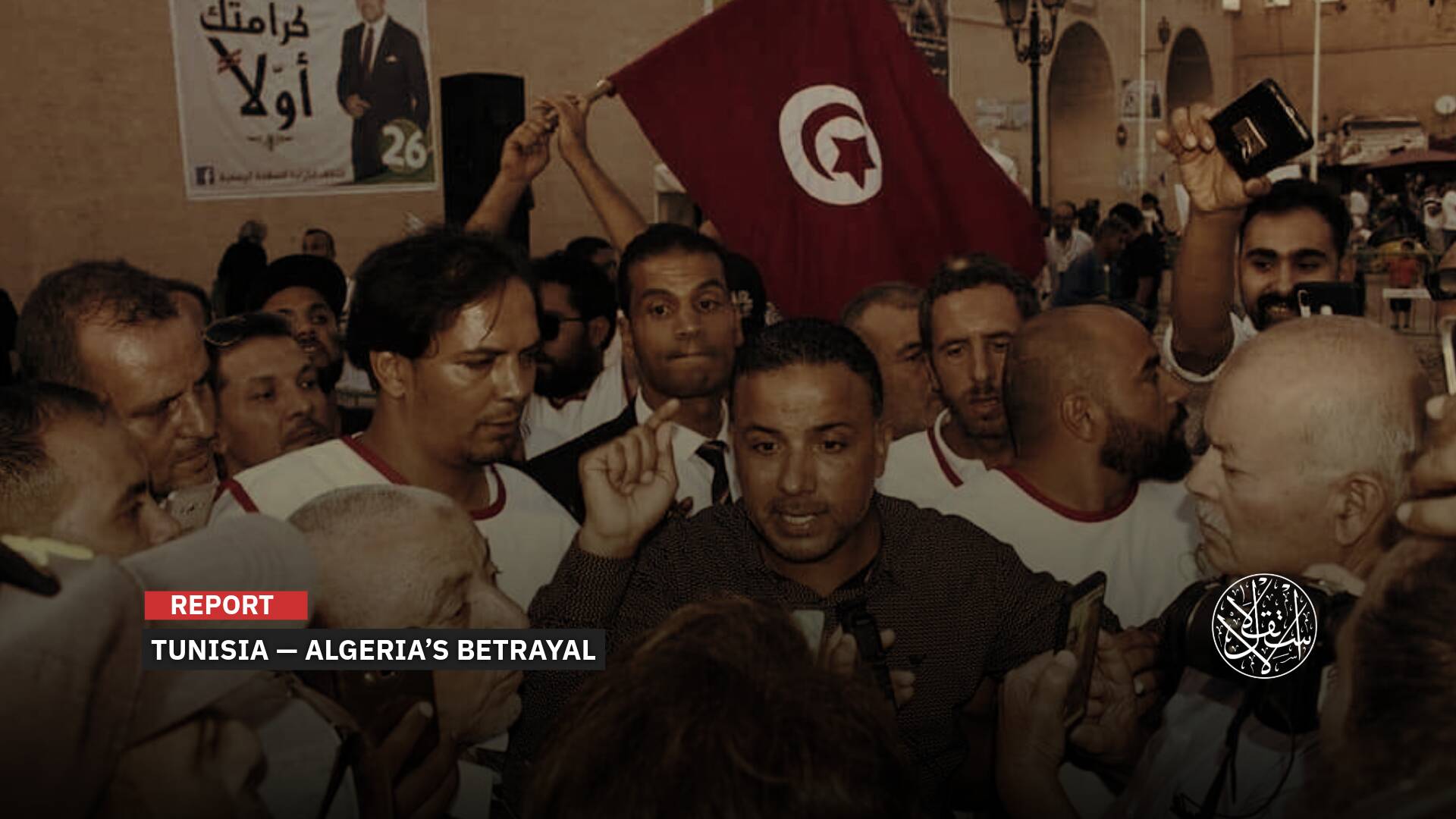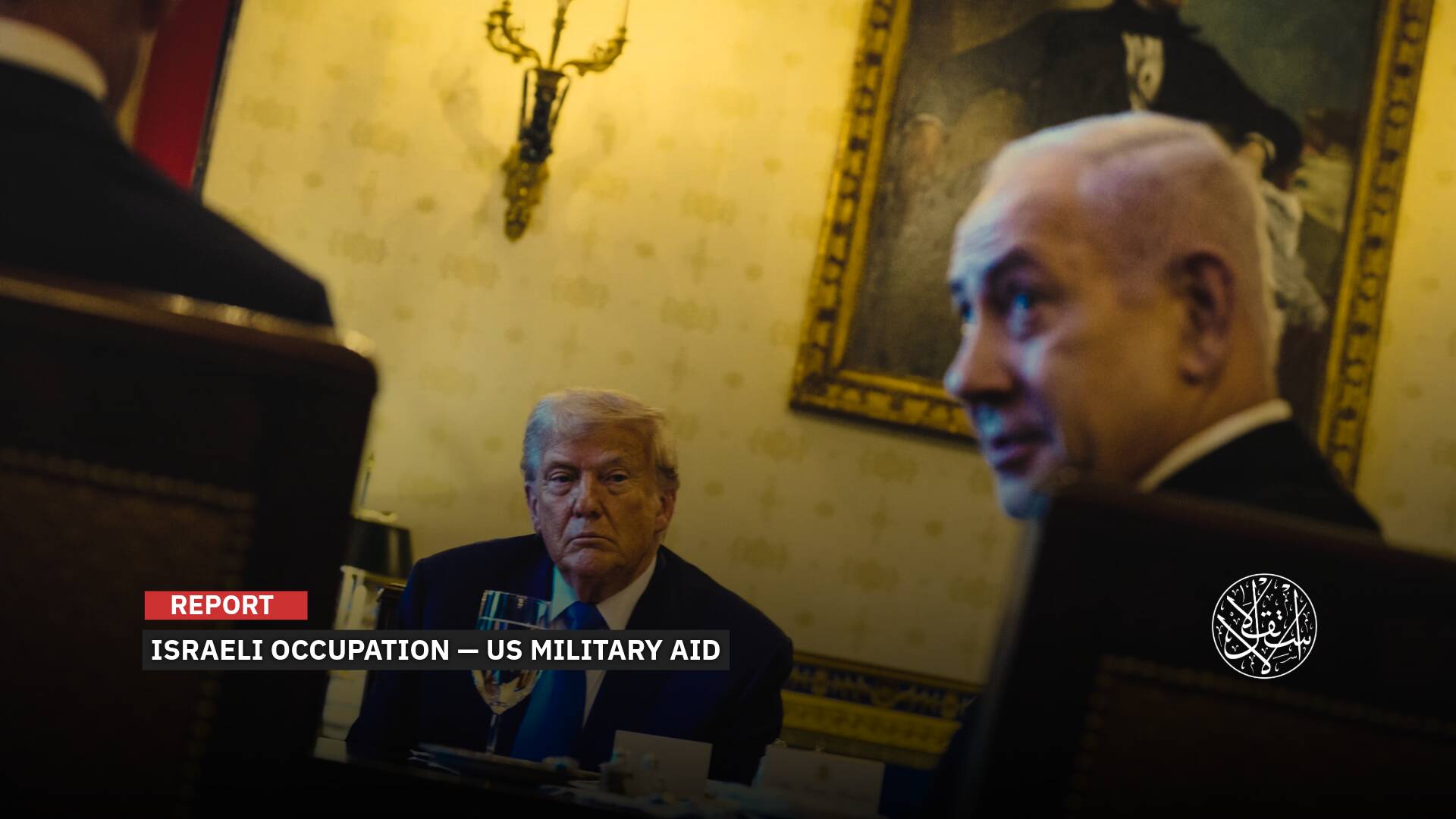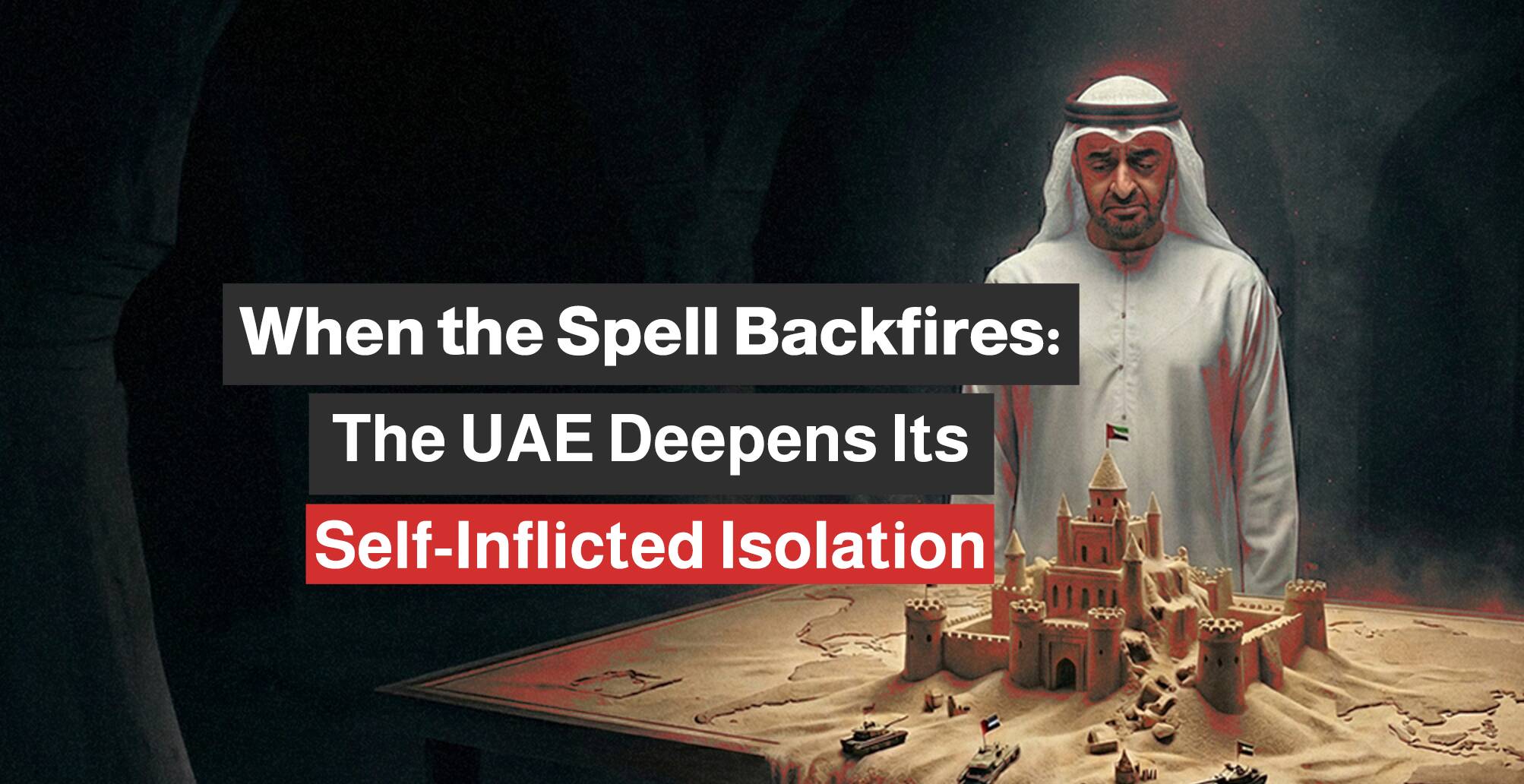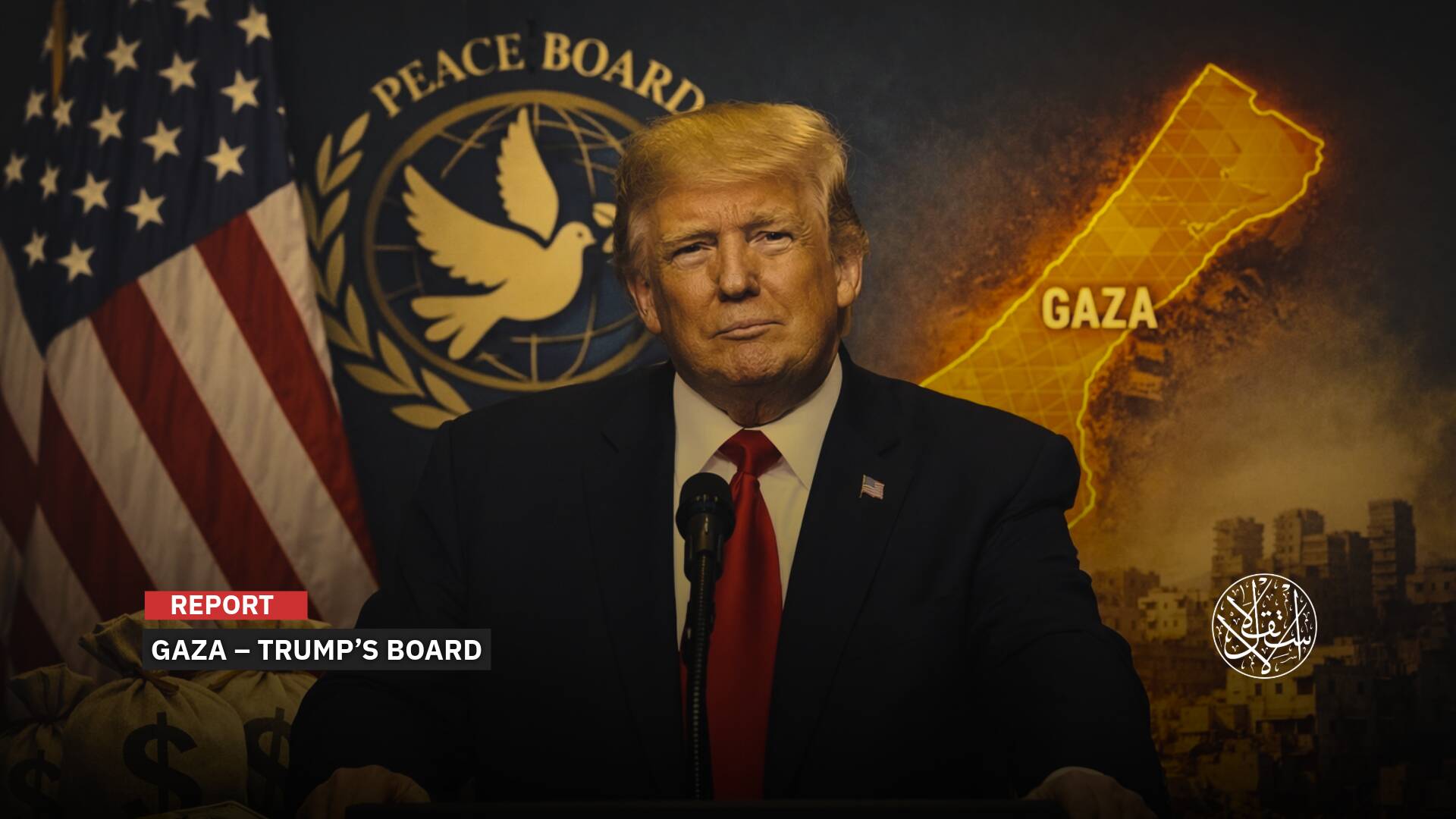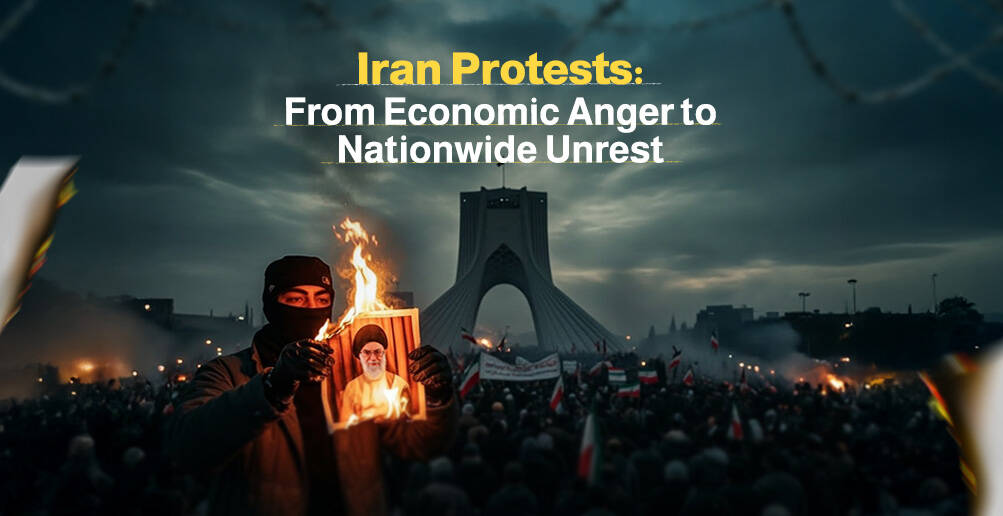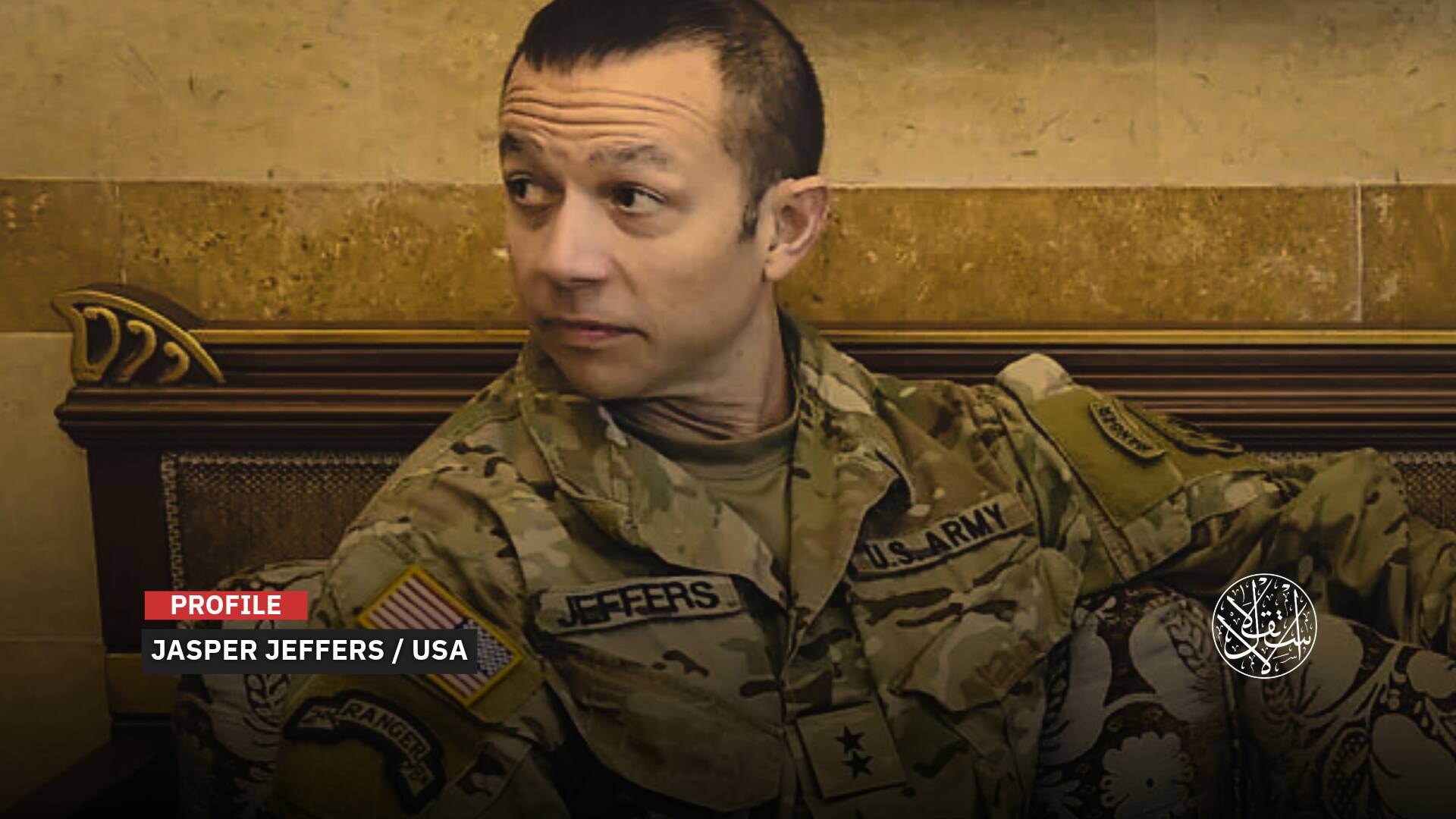Death Sentences for 3 Foreign Captives in Ukraine: Could the International Pressure Stop the Executions?

A court in Donetsk, one of two regions that declared independence in eastern Ukraine, last week imposed the death penalty on three foreigners after they were captured by Russian forces.
Brahim Saadoun and British citizens Aiden Aslin and Shaun Pinner were arrested last April, after fighting alongside Ukrainian forces in the besieged port city of Mariupol, AFP reported.
Brandon Lewis, the British minister in charge of Northern Ireland affairs, said that the government was fully engaged with the Ukrainian authorities to try to help the British after the "show trial."
Lewis stated that the British were legal combatants serving with the Ukrainian armed forces and entitled to benefit from the protection of prisoners of war under the Geneva Convention.
Reuters quoted a lawmaker in Ukraine's parliamentary security and defense committee saying: “Ukraine is doing everything possible to save the three foreign nationals who were sentenced to death by proxy authorities in Donbas for fighting for Ukraine.”
The self-proclaimed Donetsk People's Republic court backed by Moscow convicted the three captives of "mercenary activities.”
Death Penalty
British media conducted an interview with the British Shaun Pinner and Aiden Aslin in eastern Ukraine in January, less than a month before the Russian invasion of Ukraine, and British fighters confirmed at the time that they decided to join the Ukrainian army after starting a new life there.
Ukraine and Western countries denounced the measures against the captured fighters as a "sham" and a "blatant" violation of the rules of war.
The court in Ukraine's so-called Donetsk People's Republic found the three fighters guilty of seeking to overthrow power through the use of "violence," a crime punishable by death in the unrecognized eastern republic.
The three fighters were also convicted of joining a mercenary group and engaging in terrorist activities. The Russian news agency Ria Novosti reported that the three will face execution by firing squad. They have a month to file an appeal with a court in the Donetsk People's Republic.
Save Saadoun
The UK government is under pressure to intervene in the release of the two British citizens along with the young Moroccan Brahim Saadoun.
"The United Kingdom should intervene on behalf of Saadoun," said Zina Kotenko, a friend of the Moroccan Brahim Saadoun, from her new home in northern England, after fleeing Ukraine following the Russian invasion.
Kotenko pointed out, in a statement, that she first met the 21-year-old Saadoun in a nightclub in Kyiv, and described him as a "nice, open and cheerful person."
Kotenko stated that Saadoun was accepted into the Ukrainian army after several attempts, given that he was underweight.
On the other hand, the Moroccan government did not comment on the Brahim Saadoun case. While his father stated, in press statements, that his son was a student pursuing his studies in Ukraine before he legally participated in the fighting.
Another 20-year-old friend who met Saadoun at a party before the Russian war, Dmytro Khrabtsov, has launched a campaign using the hashtag #SaveBrahim on social media.
Khrabtsov said Saadoun joined the Ukrainian army last year, telling his friends that he wanted to "die like a hero."
"Saadoun is an intelligent and enthusiastic man, who dreams of a better future and how he can change things," Khrabtsov said in a statement to the American AP agency.
Complicating the Situation
France 24 revealed that the influx of foreign fighters to Ukraine from Europe, Africa, America, white supremacists, extremist Islamists, or adventurers complicated matters instead of facilitating them. They flocked to Ukraine, aiming to join this or that camp.
The exact Estimation of their numbers is not available. Some estimate them in the thousands, others in the tens of thousands. The estimations vary greatly according to sources.
But both camps are open from time to time, as "foreign fighters are an important propaganda tool," says James Rands, an analyst at the British Intelligence Institute Janes.
He explained that For the Ukrainians, the presence of foreign volunteers signals to soldiers and civilians that they receive international support. As for the Russians, the Chechens and (fighters) of the Wagner Group are units that draw on their experience from previous conflicts.
In March 2022, the Ukrainian Foreign Ministry reported that there were about 20,000 foreign fighters, the majority of them from European countries, who volunteered to fight in the ranks of the national forces.
Moscow, for its part, is mobilizing mercenaries from the private Wagner group and has expressed its support for the use of Syrians.
The Syrian Observatory for Human Rights had initially revealed that 40,000 fighters from the Syrian army and militias loyal to it are ready to fight. But it has become reported that dozens of officers spent a few days in Ukraine before returning to Syria, where they receive training under Russian supervision.
James Rands asserts, "Despite the multiplicity of accounts, there is no convincing evidence to think that foreign fighters are making a difference on the fronts."
He emphasized that the foreign fighters often come with their problems, illusions, and weaknesses. They need weapons, they do not speak the language of the country, do not know its ground, and do not understand anything of the culture of the camp they wish to serve.
He concluded: “It is often difficult to assign them to units under consistent command with discipline, compliance with approved tactics, and commitment.”
Vera Mironova of Harvard University, who personally met a number of foreign fighters, notes that "some of them were expelled for psychological problems," stressing that "some of them do not come close to the battle lines at all," even if some are willing to bribe the military to allow them to fight.








